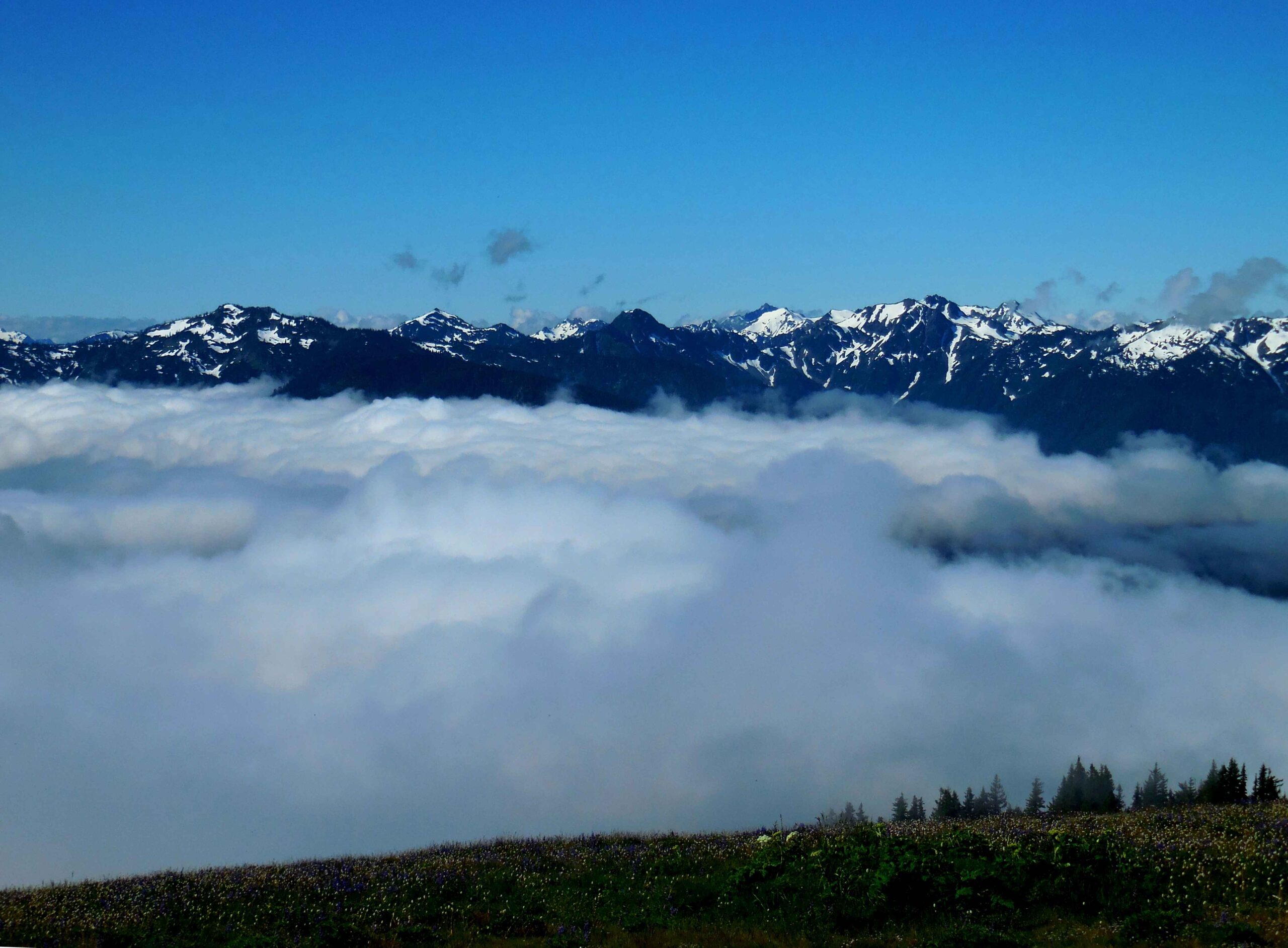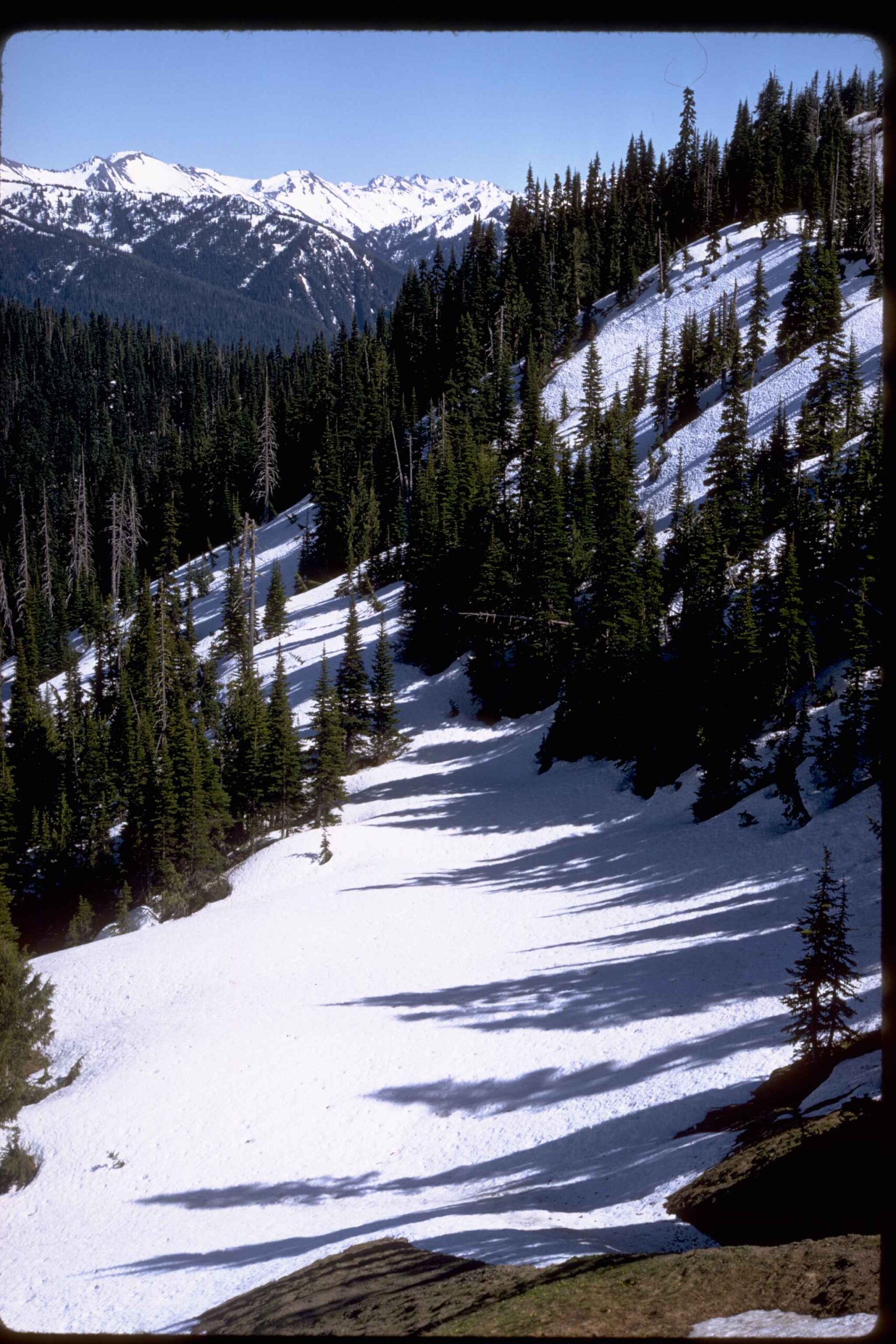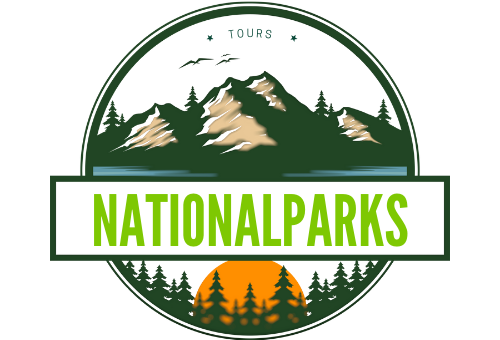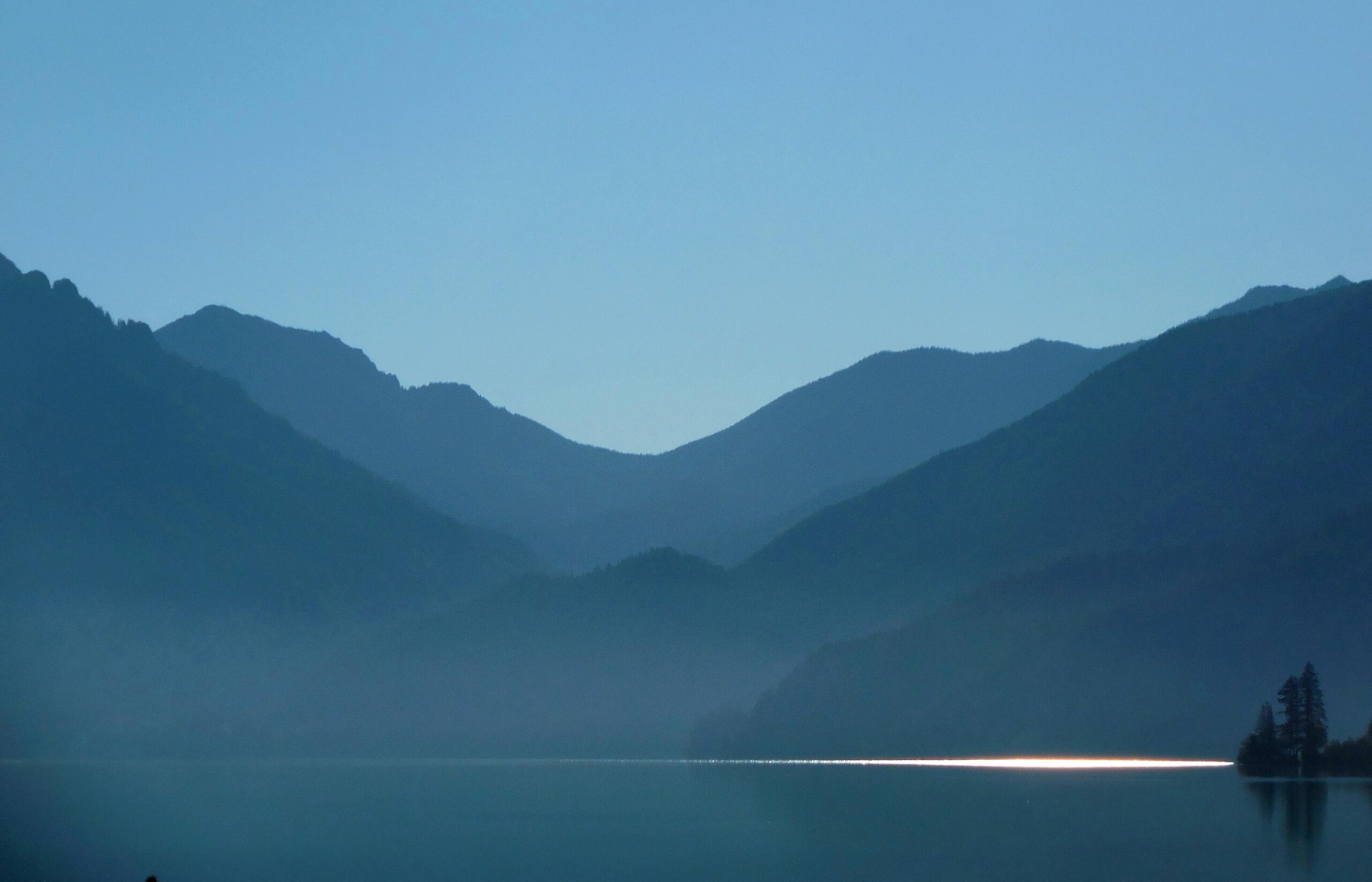Deer Park in Olympic National Park, Washington, is a hidden gem offering breathtaking views, diverse hiking trails, and a rustic camping experience. Located 30 miles south of Port Angeles, this high-elevation area provides visitors with unique opportunities to explore subalpine meadows, observe endemic wildlife, and enjoy panoramic vistas of the Olympic Mountains and surrounding lowlands. Accessible via a challenging road, Deer Park rewards adventurers with its pristine natural beauty and tranquil atmosphere.
What Makes Deer Park in Olympic National Park Special?

Deer Park stands out for its unique position in the rain shadow of the Olympic Mountains, resulting in drier conditions and clearer skies compared to other parts of the park. This microclimate supports distinctive flora and fauna, including endemic species like the Olympic Marmot and Olympic Bellflower. The area’s high elevation (5,400 feet) provides spectacular viewpoints and access to subalpine ecosystems rarely found elsewhere in the park.
How Can Visitors Access Deer Park?

Reaching Deer Park requires some preparation and a suitable vehicle:
- Take Olympic Highway (WA-101) to the Deer Park Road exit
- Drive 16 miles up Deer Park Road
- Be prepared for a steep, gravel, one-lane road
- Use a sports utility or functional off-road vehicle
- Avoid RVs and trailers due to road conditions
Note: The road is typically open from mid-June through mid-October, weather permitting. It remains closed during late fall until late spring due to snow.
What Camping Facilities Are Available at Deer Park?
Deer Park Campground offers a rustic camping experience with limited amenities:
- 14 tent-only sites (first-come, first-serve)
- Accessible pit toilets (no running water)
- Fire pits with grates
- Picnic tables at each site
- Animal-proof food storage
- No potable water available
- Generators not permitted
- No dump station
Camping Fee: $15 per night
What Hiking Trails Can Be Explored from Deer Park?
Deer Park serves as a trailhead for several scenic hikes:
- Rain Shadow Loop
- Length: 0.5 miles
- Elevation Gain: ~170 feet
- Difficulty: Easy
-
Highlights: Panoramic views of lowlands and mountains
-
Deer Park to Obstruction Point
- Length: 7.4 miles
- Elevation Gain: 2,423 feet
- Difficulty: Moderate to Strenuous
-
Highlights: Subalpine forests and mountain meadows
-
Maiden Peak
- Length: 3.5 miles one way
- Elevation Gain: 1,545 feet
- Difficulty: Moderate
-
Highlights: Branches off the Deer Park to Obstruction Point trail
-
Elk Mountain
- Length: 5.5 miles one way
- Elevation Gain: 2,249 feet
- Difficulty: Moderate to Strenuous
-
Highlights: Branches off the Deer Park to Obstruction Point trail
-
Three Forks
- Length: 4.3 miles
- Elevation Loss: 3,416 feet
- Difficulty: Strenuous
-
Highlights: Junction with Gray Wolf River Trail
-
Deer Ridge
- Length: Initial 1.5 miles, then 3.1 miles to Slab Camp
- Elevation Loss: 3,272 feet total
- Difficulty: Strenuous
- Highlights: Continues to Slab Camp in Olympic National Forest
What Wildlife Can Be Observed at Deer Park?
Deer Park offers unique wildlife viewing opportunities:
| Species | Description | Best Viewing Times |
|---|---|---|
| Olympic Marmot | Endemic, rarely seen due to predation | Early morning, late afternoon |
| Olympic Bellflower | Endemic plant species | Throughout the day |
| Olympic Torrent Salamander | Endemic amphibian | Near water sources, cooler hours |
For optimal wildlife viewing:
– Visit during early morning or late afternoon
– Explore meadows and subalpine areas
– Stay quiet and use binoculars
– Respect wildlife and maintain a safe distance
What Are the Best Scenic Viewpoints in Deer Park?
Deer Park boasts several stunning viewpoints:
- Blue Mountain
- Accessible via Rain Shadow Loop
- Panoramic views of lowlands and mountains
-
Easy 0.5-mile hike
-
Obstruction Point
- Reached via 7.4-mile trail from Deer Park
- Views of subalpine forests and mountain meadows
-
Moderate to strenuous hike
-
Maiden Peak
- 3.5-mile one-way hike
- Summit offers expansive views
-
Moderate difficulty
-
Elk Mountain
- 5.5-mile one-way hike
- Scenic vistas from the summit
- Moderate to strenuous difficulty
How Does Weather Affect Visits to Deer Park?
Weather plays a crucial role in planning a visit to Deer Park:
- Rain Shadow Effect: Less rainfall than other parts of Olympic National Park
- Summer (June-September): Generally clear skies, ideal for hiking and camping
- Fall (October): Cooler temperatures, possibility of early snow
- Winter-Spring (November-May): Road closed due to snow, area inaccessible
Tip: Always check current weather conditions and road status before planning your trip.
What Should Visitors Pack for a Trip to Deer Park?
Essential items for a Deer Park visit include:
- Plenty of water (no potable water available)
- Food and snacks
- Warm layers (even in summer)
- Rain gear
- Sturdy hiking boots
- Sun protection (hat, sunscreen, sunglasses)
- First aid kit
- Map and compass
- Flashlight or headlamp
- Camera for capturing scenic views
How Can Visitors Practice Leave No Trace Principles at Deer Park?
To preserve Deer Park’s natural beauty:
- Plan ahead and prepare
- Travel and camp on durable surfaces
- Dispose of waste properly (pack it in, pack it out)
- Leave what you find
- Minimize campfire impacts
- Respect wildlife
- Be considerate of other visitors
By following these principles, visitors help protect Deer Park’s unique ecosystem for future generations.
Deer Park in Olympic National Park, Washington, offers a truly unique experience for those willing to venture off the beaten path. Its combination of challenging access, pristine natural beauty, and diverse recreational opportunities make it a must-visit destination for outdoor enthusiasts and nature lovers alike. Whether you’re seeking panoramic views, rare wildlife sightings, or a peaceful camping experience, Deer Park delivers an unforgettable adventure in the heart of the Olympic Peninsula.
References:
1. Deer Park Campground, Olympic National Park – AllTrips
2. Deer Park – Olympic National Park – U.S. National Park Service
3. Deer Park Area Brochure – Olympic National Park – U.S. National Park Service

